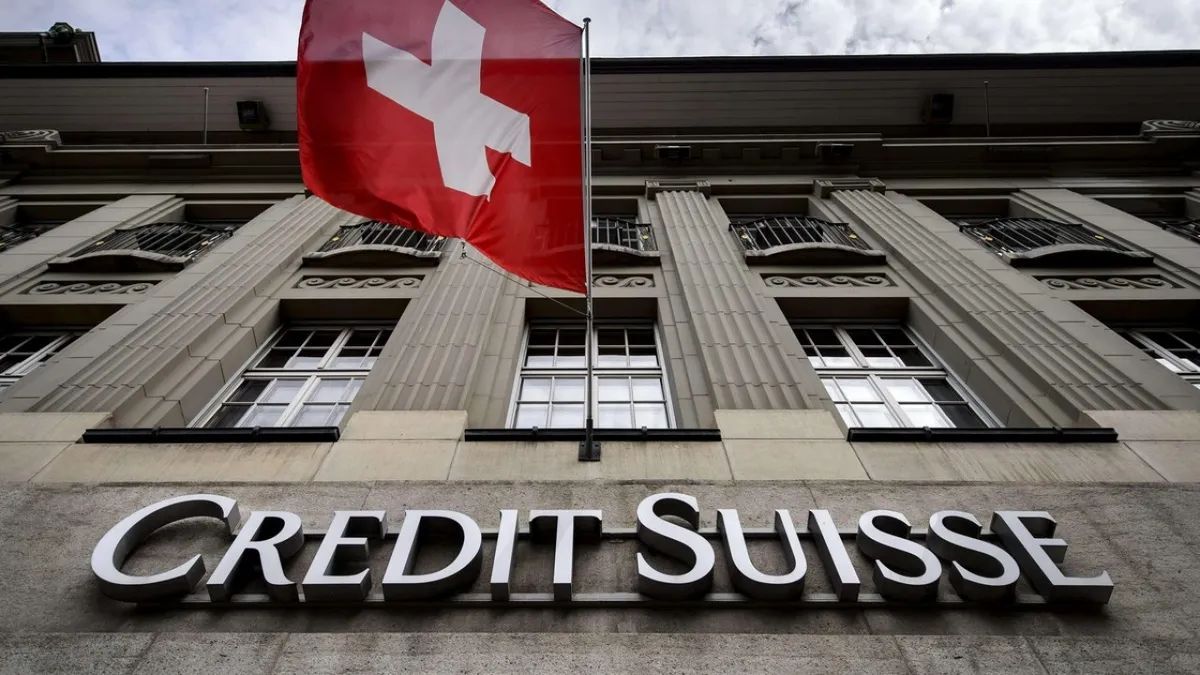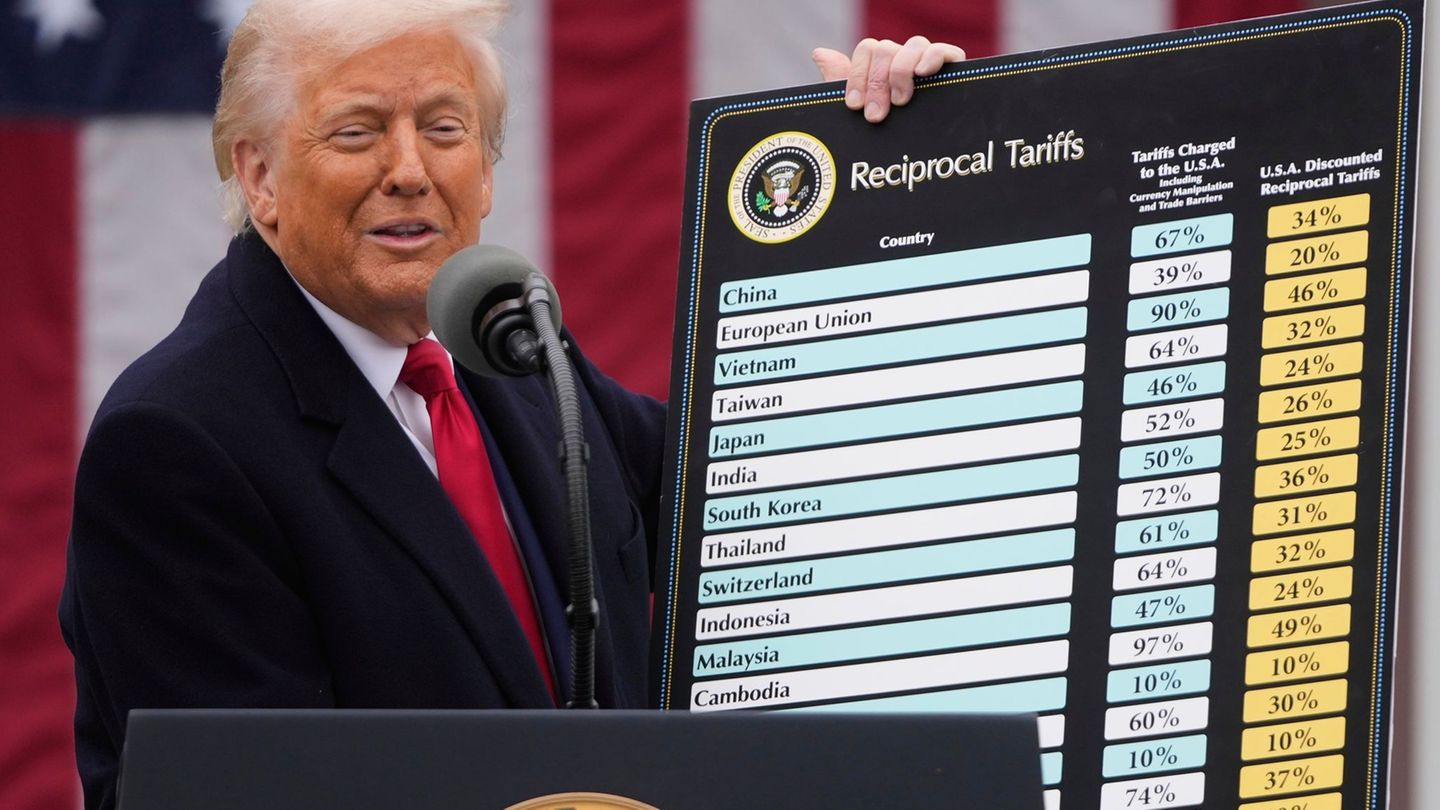The Credit Suisse collapses again on Wall Street almost 20% in a new day of tension. He swiss bank He ruled out increasing his investment when he saw the difficulties that the company is going through in recent times. Thus, the bank’s shares mark new historical lows and there is a risk of default. The fall, as it happened on Monday, drags down the entire financial sector.
Right now Credit Suisse falls 19.52% to $2.02 on Wall Street. For his part, The bank’s share sank on the Zurich Stock Exchange by 24.94%, to 1,697 Swiss francsin the worst collapse in its history, after a bank panic movement triggered by statements from its main shareholder.
The CS action came to lose 30% during the session and its fall generated significant falls in other markets, accentuating the turmoil caused by the recent bankruptcy of the US bank SVB.
“The answer is absolutely no, for many reasons, apart from the simplest, which is regulatory and statutory,” said the president of the Saudi National Bank, Ammar Al Khudairy, in an interview with Bloomberg TV this Wednesday. The bank, owned by the nation’s sovereign wealth fund, This was in response to a question about whether the bank was open to new injections into Credit Suisse in the event that there was another request for additional liquidity.
creditsuisse.JPG
The selective Spanish Ibex-35 closed this day with heavy lossesdragged down by the banking sector after the Credit Suisse crisis, after the main shareholder of the Swiss group, the Saudi National Bank, ruled out increasing its participation.
So, the Ibex-35 closed with a fall of 399.90 points, 4.4%up to 8,759.10 points, while the FTSE Eurofirst 300 index of large European stocks lost 3%.
It is the largest percentage decline in the Ibex since November 26, 2021, when the appearance of the omicron variant of the coronavirus triggered panic in the financial markets.
In the banking sector, Santander lost 6.9%, BBVA fell 9.6%, Caixabank lost 6.72%, Sabadell fell 10.5%, Bankinter dropped 6.5% and Unicaja Banco lost one 6.1%
https://twitter.com/BloombergTV/status/1635958101265219584
For his part, the president of the entity, Axel Lehmann, pointed out that state aid “is not on the table” for the lender. Speaking at the Financial Sector Conference in Saudi Arabia on Wednesday, Lehmann said it would not be accurate to compare the current problems of Credit Suisse with the recent collapse of Silicon Valley Bank, mostly because banks are regulated differently.
Despite the fact that both leaders expressed their confidence in the bank’s good data to demonstrate its financial soundness, investors are clearly concerned about the entity’s future. Credit default swaps (CDS), i.e. the cost of insuring the Swiss company’s short-term bonds against default, are approaching dangerous levels, skyrocketing to over 830 points, up from 430 on Tuesday, meaning that it costs more to protect against an immediate bankruptcy than against a later default. That is to say, the risk of non-payment of the Swiss entity has multiplied by two in a matter of hours, which is dragging down the entire European banking sector.
Source: Ambito




